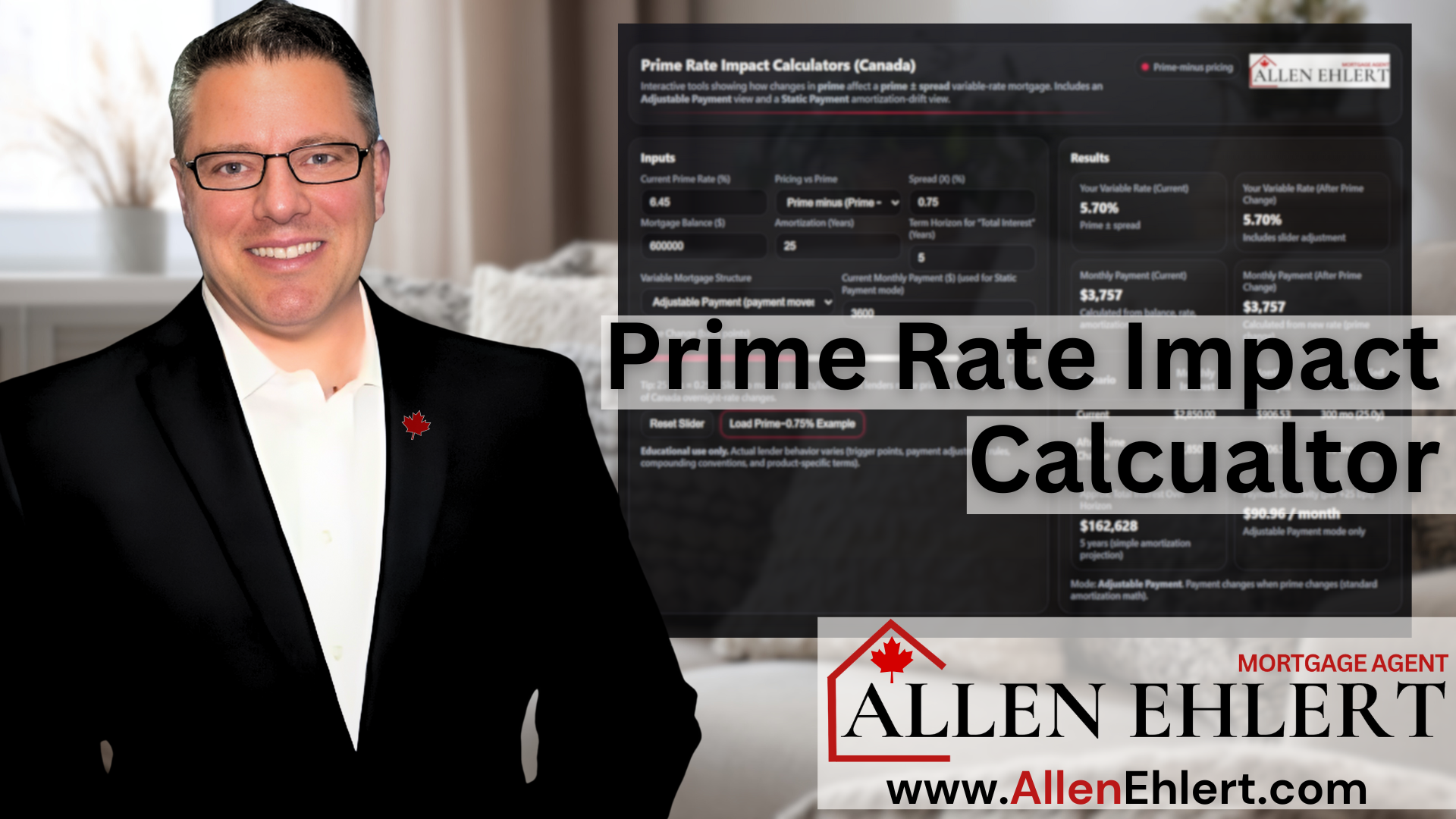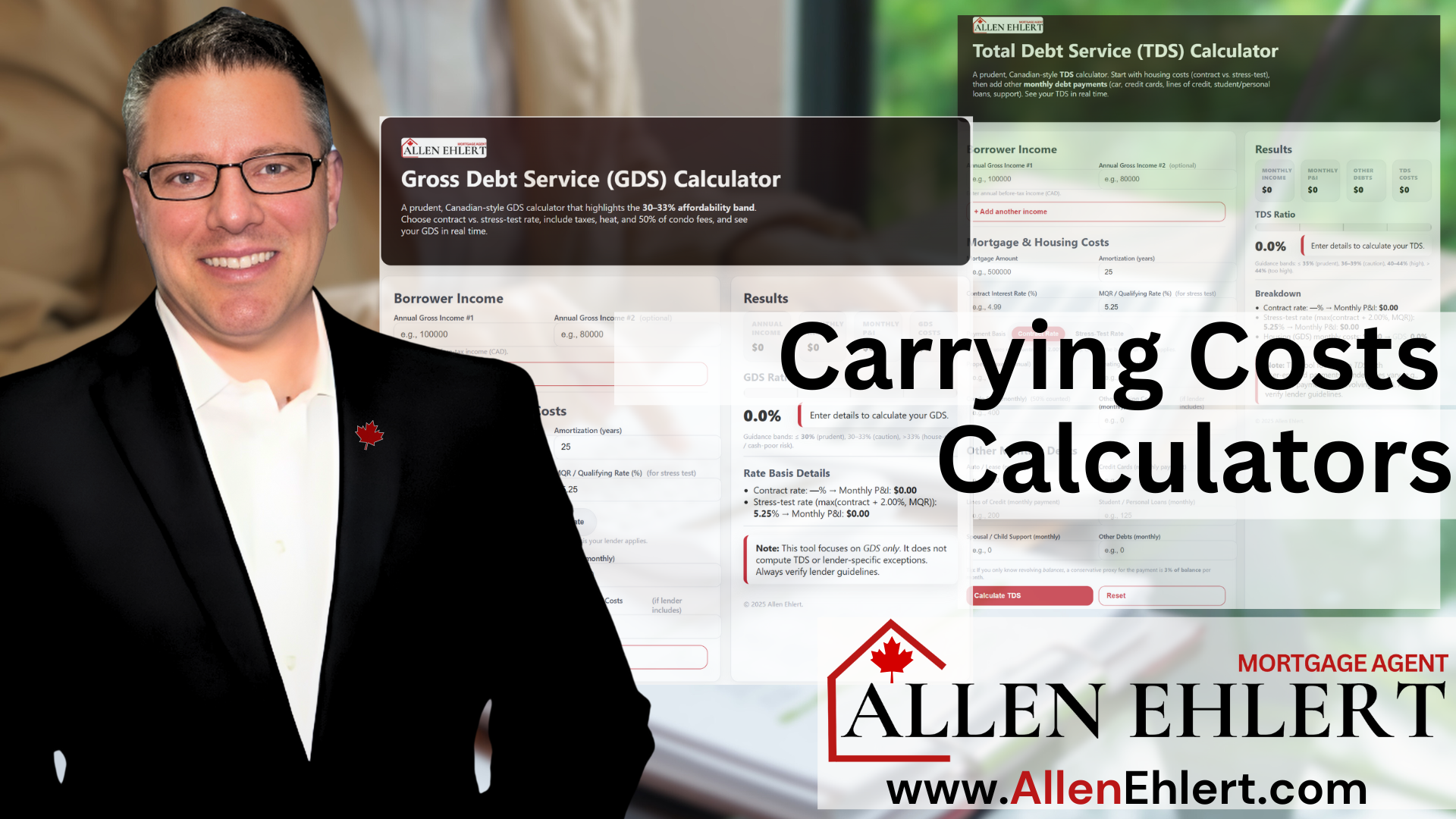… The Hidden Anchor: Understanding Security Agreements in Commercial Mortgages
When you step into the world of commercial mortgage lending, you’ll quickly realize that lenders don’t just take comfort in the property—they want the whole package. Unlike residential lending, where the home itself is the sole collateral, commercial lenders secure every possible thread that ties a business to its loan. One of the most important tools they use to do that is the Security Agreement.
If you’ve ever seen the term “GSA” (General Security Agreement) or “PPSA registration” in a commercial loan document and wondered what that actually means, you’re about to see why it’s one of the most powerful (and protective) instruments in a lender’s toolkit.
Let’s break down what a security agreement really is, why lenders require it, and how understanding it can make you a smarter investor, realtor, or borrower in the commercial space.
Topics I’ll Uncover
What It Covers (Hint: It’s Not Just the Building)
Why It’s Critical in Commercial Lending
A Real-World Story: When the Security Agreement Saved the Deal
How Realtors and Clients Can Use This Knowledge
What Is a Security Agreement
A Security Agreement is a legal contract between a borrower and a lender that grants the lender a security interest in the borrower’s personal property—that is, assets other than the land itself.
In plain English:
It’s how a lender says, “If this loan goes bad, I have rights not just to the building, but to the stuff that makes the building valuable.”
The “stuff” can include:
- Equipment and machinery
- Leasehold improvements
- Accounts receivable
- Inventory or furnishings
- Cash flow and rent income
Once signed, the lender registers this security interest under the Personal Property Security Act (PPSA)—a public registry that ensures their claim takes priority over other creditors.
What It Covers (Hint: It’s Not Just the Building)
In residential mortgages, the lender’s security ends at the four walls of the property. But in commercial lending, the asset is often a functioning business—and the lender wants a safety net that covers that operation.
A Security Agreement allows them to claim:
- Movable assets like restaurant equipment, office furniture, or manufacturing tools.
- Receivables and income from leases or contracts.
- Intangible assets, such as trademarks or licenses, if relevant to the business.
Essentially, it’s a lien on everything that produces value.
That’s why lenders often call it a General Security Agreement (GSA)—because it covers “all present and future personal property.”
It’s broad, sweeping, and, yes—comprehensive by design.
Who Prepares and Registers It
The Security Agreement is drafted by the lender’s lawyer as part of the mortgage closing package.
Once executed, it’s registered in the PPSA registry for the province where the borrower operates. This public record acts like a legal timestamp—it establishes the lender’s priority position ahead of any other creditors.
For example, if a borrower defaults and several creditors come calling, the one who registered their interest first under the PPSA generally gets paid first.
That’s why timing and accuracy in registration are so critical.
Why It’s Critical in Commercial Lending
Commercial loans are inherently riskier than residential ones. Businesses can fail, markets can shift, and revenue streams can dry up overnight.
A Security Agreement gives lenders multiple pathways to recovery, not just one. It allows them to:
- Take possession of personal property to satisfy a debt.
- Appoint a receiver to operate or liquidate the business.
- Collect rents directly from tenants under an assignment of rents.
- Enforce other forms of collateral, like inventory or deposits.
In essence, it broadens the lender’s protection from a single asset to an entire ecosystem of value.
For the borrower, that means one thing: transparency matters. Understanding what you’re pledging—and ensuring you can still operate your business effectively—is key to a healthy lender relationship.
A Real-World Story: When the Security Agreement Saved the Deal
One of my commercial clients owned a small industrial property that included both warehouse and office space. When a key tenant suddenly went bankrupt mid-term, their rental income dropped overnight.
Naturally, the lender grew nervous.
But because the lender had a General Security Agreement registered, they were able to step in quickly, collect remaining receivables, and appoint a property manager to oversee operations while a new tenant was found.
That security agreement didn’t just protect the lender—it protected my client, too. Instead of foreclosure, the lender stabilized the property’s income and allowed a refinance within months.
Without that agreement, things could’ve spiraled into default and litigation. Instead, it became a textbook example of structured risk management done right.
How Realtors and Clients Can Use This Knowledge
If you’re a realtor, understanding Security Agreements can help you:
- Set realistic expectations with buyers about what lenders require.
- Guide commercial clients through what assets might be pledged as security.
- Coordinate early with lawyers and mortgage professionals to keep closings on schedule.
If you’re a borrower or investor, you can:
- Review your loan’s security terms to understand what’s being charged.
- Structure your business entities strategically so that personal property not essential to the loan remains protected.
- Negotiate limited security scope if the lender’s reach feels excessive.
Remember: just because a GSA is standard doesn’t mean it has to cover everything you own. Lenders are often open to narrowing its scope—if you ask early.
Allen’s Final Thoughts
In the world of commercial mortgages, the Security Agreement is like the anchor of a ship—it keeps the lender grounded, no matter how rough the seas get.
It may feel like overkill compared to a simple residential mortgage, but it’s what allows lenders to offer competitive rates, larger financing, and longer terms on complex properties.
For you as a borrower, understanding what’s in that agreement helps you protect your interests, maintain flexibility, and negotiate from a position of strength.
As your mortgage agent, I’m here to help you navigate that balance—to ensure the lender’s security requirements are fair, properly structured, and aligned with your goals. I work hand-in-hand with your legal team to make sure you know exactly what’s being pledged, and why.
Because in commercial lending, success isn’t just about getting approved—it’s about structuring the deal smartly, so you stay in control every step of the way.












